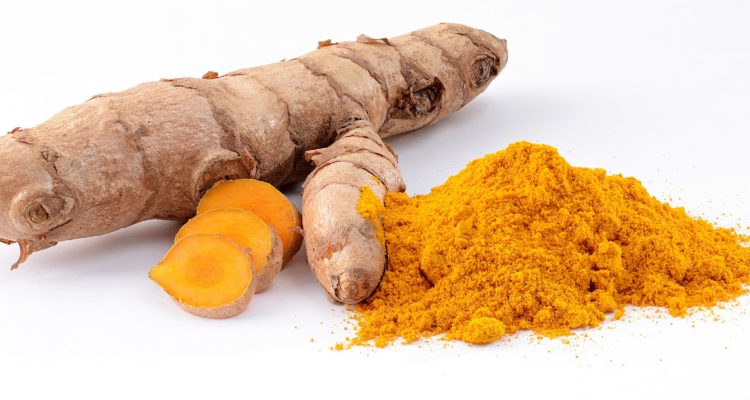Herbs and spices have been utilised for their medicinal properties by human beings for thousands of years. Recently, there has been an effort to scientifically prove or disprove the actual utility of these remedial ingredients. Here is a guide to the most nutritious herbs and spices you can ingest. It is crucial to remember that you should always consult a doctor, particularly if you are taking medication.
Turmeric
A whole host of health-conscious people have been going turmeric crazy in recent years. Turmeric has antimicrobial and antiparasitic qualities. While turmeric will not keep you from getting ill entirely, it will play a part in keeping you free of disease. Turmeric has a high antioxidant content, which means that it can play a role in combating free agents that break down human cells. The first evidence of people using turmeric for its health benefits dates from around 250 BC in South Asia. Ancient Sanskrit medical treaties make special mention of the spice for the curing of ailments. While turmeric cannot cure ailments, it can help prevent them from occurring in the first place.
Peppermint
Most people in the West are familiar with the sharp taste of peppermint, which is often present in gum or teas. Peppermint has been shown to have a positive impact on the cardiovascular health of humans and animals.
Ginger
Ginger is usually consumed in root form – either as a fresh root or powdered. It offers dishes a distinctively tart and aromatic flavor. Ginger root has numerous health benefits, including its ability to reduce inflammation, alleviate nausea, and improve digestion. Ginger contains a compound called gingerol, which has potent anti-inflammatory and antioxidant properties that can help to reduce inflammation throughout the body. It also has natural anti-nausea and digestive properties that can help to alleviate symptoms of nausea, vomiting, and indigestion.
Cumin
Cumin is a spice native to Asia. It has been used in Asian and Persian traditional medicines for centuries. In recent years there has been an increase in scientific research conducted into the health impact potential that cumin has. It has been touted as being conducive to weight loss, blood sugar control and the combating of free radicals. Cumin is one of the bulk spices that was traded through Asia on the silk road in huge quantities.
Cardamom
Cardamom seeds are harvested from a plant that belongs to the same family as ginger. This spice has long been used in the foods of the Middle East and India. It is regularly crushed and added to coffee and tea. The health benefits of cardamom are well known – although relatively poorly researched. One of the most fascinating effects that consuming cardamom can have is an increased ability to control blood sugar. The human body relies on a complicated system of enzymes – centered in the pancreas – to control blood sugar. A recent study of people suffering from Type 2 diabetes showed that the regular consumption of cardamom can reduce average blood sugar readings significantly.

